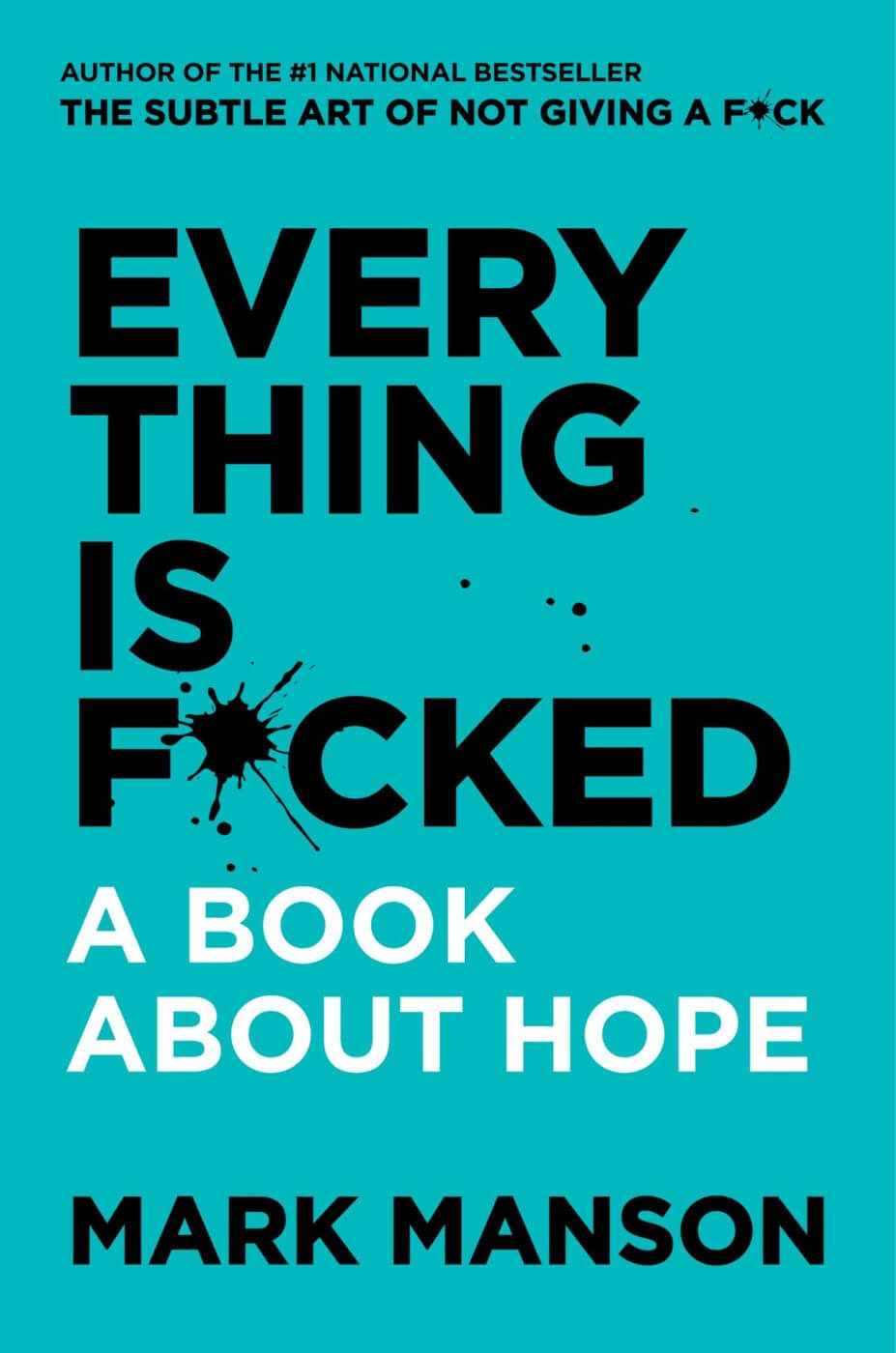
The Subtle Art of Not Giving a F*ck: A Counterintuitive Approach to Living a Good Life
Book Description
Dare to challenge the cultural obsession with positivity and success—Mark Manson's 'The Subtle Art of Not Giving a F*ck' shatters conventional wisdom with its raw, candid philosophy. It invites you to embrace life’s struggles, revealing that true fulfillment comes not from relentless positivity but from accepting our limitations and choosing what truly matters. With striking humor and unflinching honesty, Manson navigates the chaos of modern existence, offering a refreshing path to authentic happiness. What if the secret to a good life isn’t giving a f*ck about everything, but caring deeply about the things that really count?
Quick Book Summary
Mark Manson’s "The Subtle Art of Not Giving a F*ck" turns conventional advice about happiness and achievement on its head. Instead of urging relentless positivity, Manson promotes embracing life’s inevitable hardships and accepting our limitations. The book challenges readers to reconsider what truly deserves their time, energy, and concern. Using humor, candid anecdotes, and blunt wisdom, Manson argues that a meaningful life comes from caring deeply only about things that align with our values, and letting go of the rest. True fulfillment, he explains, is found in choosing worthy struggles and realizing that not giving a f*ck isn’t about indifference, but about mindful prioritization.
Summary of Key Ideas
Table of Contents
Choosing What to Care About
Manson begins by confronting the pervasiveness of modern culture’s obsession with happiness and endless positivity. He asserts that pursuing positivity at all costs only highlights what we lack, making us more dissatisfied. Instead, he suggests the key to a good life is not caring about everything, but selectively choosing what truly matters. This counterintuitive philosophy is about prioritizing values rather than striving for constant happiness, recognizing that struggle is an inevitable and vital part of life.
The Value of Struggle and Suffering
The core message centers on the importance of choosing where to invest our limited attention and energy. Manson uses the metaphor of giving a limited number of "f*cks" to demonstrate that caring deeply about everything leads to burnout and dissatisfaction. By accepting that some things will go poorly and that failure is part of learning, readers are encouraged to let go of trivial concerns and focus on what aligns with their personal values.
Embracing Responsibility and Limitation
Manson explores the role of suffering and adversity in personal growth. He posits that our struggles define us more than our successes, and that meaningful accomplishments result from overcoming worthwhile challenges. Instead of fleeing discomfort, Manson encourages embracing pain as a catalyst for development. This perspective enables individuals to identify what struggles are truly worthwhile and which anxieties are not deserving of their concern.
Rejecting Constant Positivity
A central theme is the significance of personal responsibility. Manson argues that while we can’t control everything that happens, we are always responsible for how we respond. Accepting responsibility for our feelings and actions—rather than blaming others or fate—empowers us to shape our lives with intention. This self-accountability fosters authenticity and resilience, helping readers commit to their chosen values and accept their inherent limitations.
Developing Personal Values
Finally, Manson rejects constant positivity in favor of embracing reality with honesty and humility. He believes that acknowledging our limitations, failures, and mortality results in a richer, more grounded life. By developing clear personal values and being willing to face uncomfortable truths, readers can build lasting happiness rooted in self-awareness, meaningful relationships, and purposeful action. Manson’s blunt yet compassionate approach ultimately provides a roadmap for finding fulfillment in a messy, imperfect world.
Download This Summary
Get a free PDF of this summary instantly — no email required.





